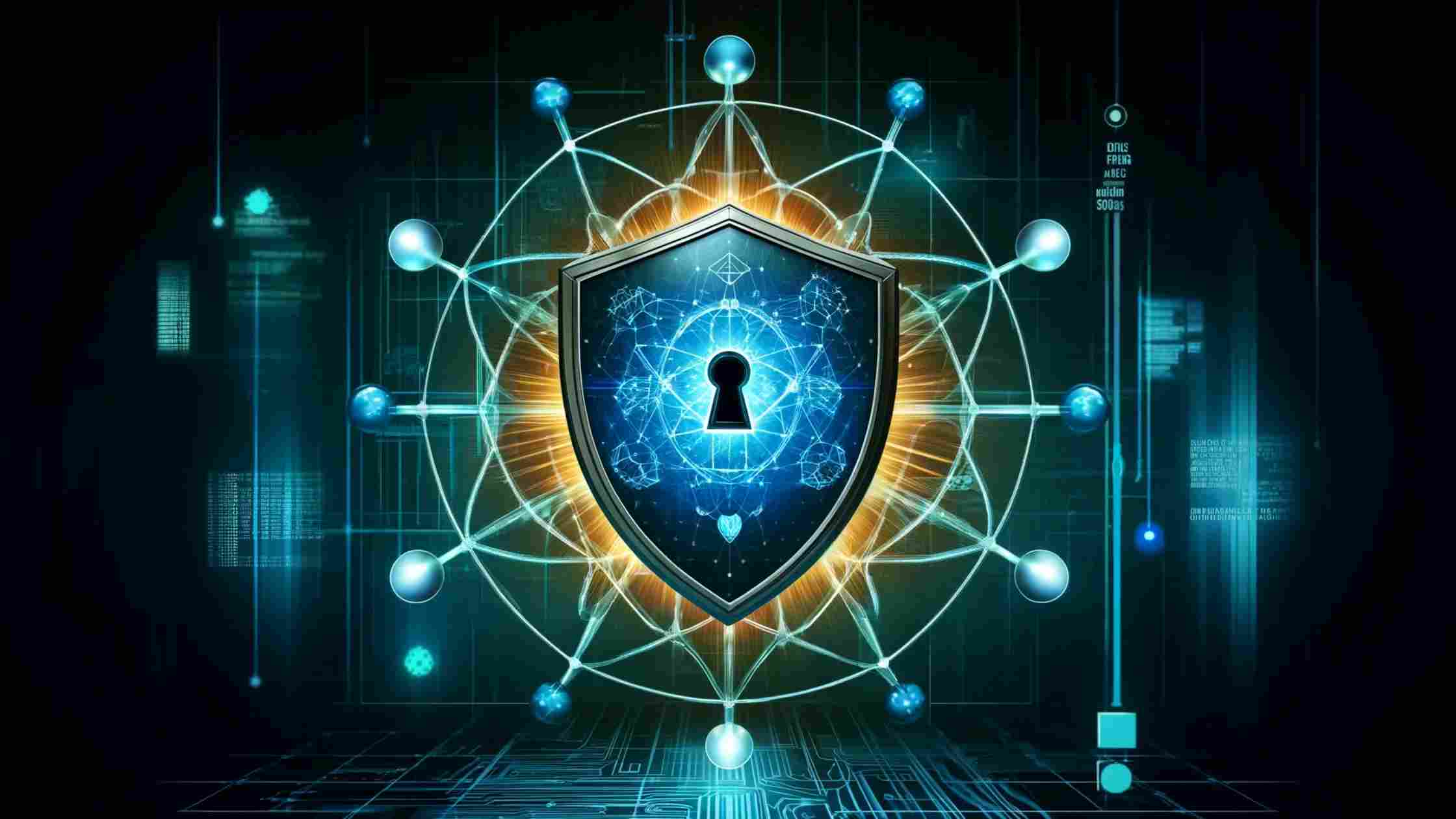Covered Contents
ToggleIntroduction
Security is essential in the virtual world. The traditional means of encryption rely on mathematical complexity. But quantum computing has threatened these means. Quantum entanglement offers a new way of cryptographic security. It can provide unbreakable encryption by using principles of physics rather than complex algorithms. But how does quantum entanglement enhance cryptographic security? Let us discuss its role and potential.
Quantum Entanglement: What is it?
Quantum entanglement is a strange behavior of quantum systems. The states of entangled particles become connected. No matter how far apart two particles are, changing one instantly changes the other particle. With the help of this built-in technology, extremely secure communication networks can be established.
Albert Einstein called entanglement “spooky action at a distance” because it seemed so strange and hard to believe. For decades, this occurrence baffled researchers. Entanglement is now being used by researchers to create new encryption methods. These are offering more than traditional methods do.
Quantum Cryptography and Security
Traditional cryptosystems rely on challenging mathematical puzzles that are computationally demanding to solve. But quantum computers can complete the task in a matter of seconds. Quantum Key Distribution (QKD), often known as quantum cryptography, uses the ideas of quantum mechanics to protect data. It enables a secure encryption key exchange between two people as WhatsApp secures messages. Since the keys are changed and both parties are informed, any effort to intercept them will be identified.
How Quantum Entanglement Enhances Cryptographic Security
Quantum entanglement is the foundation for secure key distribution. The key benefits are:
Advantage | Description |
Secure Communication with Entangled Particles | Entangled particles provide secure key sharing. Alice and Bob can share encryption keys using entangled photons. If an intruder tries to intercept, the quantum state changes. This alerts Alice and Bob to the intruder. |
Unbreakable Encryption | Entangled particles allow for the creation of encryption keys that are impossible to copy. In classic encryption, it is possible to write down or copy keys. In quantum entanglement, interception will be fatal to the key. Thus, hacking becomes impossible. |
Quantum Teleportation for Secure Transfer | Quantum teleportation transfers information instantly by using entanglement. Data is halted from being intercepted during transfer. It can be used in top-secret communications in the finance and defense sectors. |
Resistance to Quantum Computing Attacks | Quantum cryptography using quantum entanglement is safe even against quantum computers. Unlike traditional cryptography, quantum systems use physical phenomena rather than complexity for security. |
Comparison Between Classical and Quantum Cryptographic Security
Feature | Classical Cryptography | Quantum Cryptography |
Security Mechanism | Mathematical complexity | Physical principles (entanglement) |
Vulnerability | Breakable by quantum computers | Immune to quantum attacks |
Key Distribution | Susceptible to interception | Secure through entanglement |
Eavesdropping Detection | Limited | Immediate detection |
Key Strengths and Weaknesses of Quantum Cryptography
Aspect | Strengths | Weaknesses |
Security Level | Unbreakable encryption because of physics principles | Still in the research and development stage |
Data Transmission | Secure communication with immediate detection | Requires pricey quantum infrastructure |
Implementation Cost | Future-proof against cyber attacks | High initial cost |
Challenges in Applying Quantum Entanglement for Security
Although quantum entanglement has many strengths, challenges are there:
Challenge | Description |
Technical Limitations | Keeping entanglement over extended distances is challenging |
High Expenses | Quantum technology is costly to create and install |
Environmental Fragility | Entangled particles are sensitive and can be disturbed by the environment |
Scalability Challenges | Massive quantum networks demand sophisticated infrastructure |
Practical Uses of Quantum Entanglement in Cryptography
Organizations are investing in quantum cryptography for enhanced security:
China’s Quantum Satellite (Micius):
China experimented with quantum entanglement through a satellite to transmit secure messages.
IBM and Google:
These technology giants are working on quantum cryptography to be ready for future attacks.
Read More:
–IBM Quantum Computers vs. Intel Quantum Computers: A Clear and Exciting Expert Comparison
–Google Quantum vs. Microsoft Quantum: Who Wins?
Government Agencies:
The US and the European Union are developing quantum security to safeguard national communications.
Expert Opinions on Quantum Cryptography
Dr. Anton Zeilinger, Nobel-winning physicist, explains, “Quantum entanglement provides the highest possible security. It does not depend on guesses about computing capacity like traditional encryption does.”
Professor Jian-Wei Pan, a quantum pioneer, believes, “Quantum cryptography will revolutionize the protection of data. We can already see its potential in reality.”
The Future of Quantum Entanglement in Security
Quantum entanglement will revolutionize data security. This is what is expected to come shortly:
Quantum Internet:
International network based on entangled particles to provide secure communication.
Commercial Quantum Encryption:
Companies will apply quantum security to make financial transactions more secure.
AI Integration:
Artificial Intelligence will assist in blocking and detecting cyberattacks in real-time.
Conclusion
Quantum entanglement is revolutionizing security as it provides unbreakable encryption and real-time threat identification. Despite the difficulty, advancements in quantum technology are bridging the gap to secure communication. As quantum computing evolves, security via entanglement will be unavoidable. Governments, enterprises, and scientists need to invest in this technology to protect information. The quantum revolution has only begun, and its impact on cybersecurity will be gigantic.




2 thoughts on “The Role of Quantum Entanglement in Cryptographic Security”